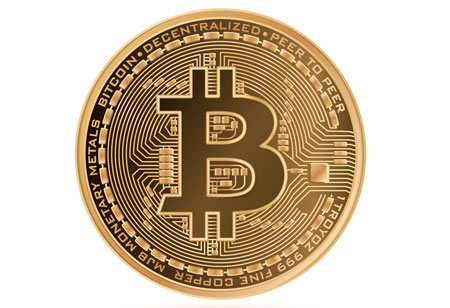THANK YOU FOR SUBSCRIBING
Blockchain in E-commerce: The Promise of a Game Changing Technology
E-commerce and blockchain, both are all about financial transactions. Blockchain technology has the potential of handling entire user experiences which include product searches, payment processing, and post-sale proceedings.

By
Apac CIOOutlook | Thursday, January 01, 1970
Stay ahead of the industry with exclusive feature stories on the top companies, expert insights and the latest news delivered straight to your inbox. Subscribe today.
The engine of the global economy, blockchain technology, is transforming to de facto technology for all financial transactions globally. Adoption of blockchain technology to e-commerce has become eminent and necessary. E-commerce and blockchain, both are all about financial transactions. Blockchain technology has the potential of handling entire user experiences which include product searches, payment processing, and post-sale proceedings.
Every transaction is stored in one single continuous unchangeable record. All the transactions are stored in as a digital record known as blocks. Each block is linked with the previous block, and these are unchangeable or unmodifiable.
Bitcoin remains decentralized by blockchain by ensuring the integrity of every transaction. With this unique property, blockchain is adapted to store patient health records, traditional financial records, and voting records. Blockchain technology solves many of the issues faced by e-retailers. Cyber-threat is always an everlasting problem for an online retailer.
Cryptocurrency was first implemented with blockchain technology (bitcoin). Today, cryptocurrencies are used as an alternative to traditional currencies. A customer can opt for a bitcoin payment mode to pay instead of PayPal, Stripe, or any other mode of payment. Sending and receiving money through cryptocurrency is as easy as sharing QR code.
Similar to Bitcoin, Ethereum is another cryptocurrency with certain advantages. Ethereum is not globally accepted, but its network can hold other forms of cryptocurrencies. More secure payments are possible with blockchain-based currencies as no personal or private data is exposed. Blockchain enables a transparent way of transactions and establishes trust between customer and merchant. No disputes or issues arise regarding an order or payment details due to a decentralized and tamper-proof property of blockchain technology.
Global GDP generated by blockchain is expected to reach about 10 percent by 2025. Many financial and banking sectors are experimenting or working with blockchain for future trade. E-commerce companies are prone to many problems or threats with counterfeit or substandard products due to difficulty in regulation which ultimately diminishes brand image. E-commerce supply chain includes several parties with negotiated commissions and shipping costs. Apart from costs, there are other problems faced in the method of transfer and counterparty risk. With blockchain, all these issues can be defeated.
To thrive in the near future, businesses in e-commerce need to work on every critical capability to include blockchain in their strategies. The success depends on how well and how spontaneously the companies can adopt this technology and move ahead.





